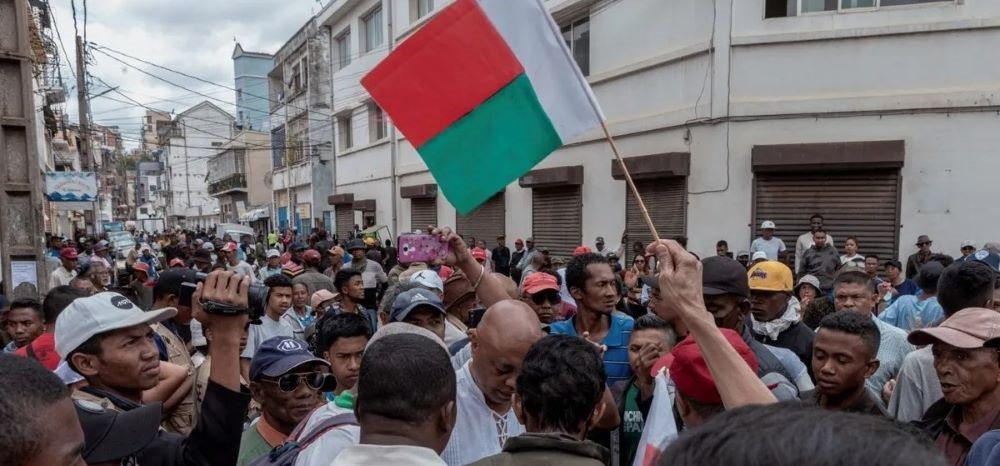(3 minutes read)
In a joint statement, these opposition leaders announced their decision to boycott the election and called on the Malagasy people to abstain from voting. The move adds further complexity to an already tumultuous political landscape in the island nation.
Six influential opposition figures, including two former presidents, have declared their refusal to participate in the upcoming polls in Madagascar. In a joint statement, these opposition leaders announced their decision to boycott the election and called on the Malagasy people to abstain from voting. The move adds further complexity to an already tumultuous political landscape in the island nation.
The decision to boycott the election has been reinforced by statements from two former presidents, Hery Rajaonarimampianina and Marc Ravalomanana. Both have publicly declared their non-participation in the polls and have taken the additional step of encouraging Malagasy citizens to refrain from voting.
The political tensions in Madagascar have been escalating for months, marked by intense confrontations between the opposition and the incumbent president, Andry Rajoelina, who is seeking re-election at the age of 49. The opposition, comprising ten candidates, has formed a collective, denouncing what they claim is a plot to secure a second term for Rajoelina. In response, they have opted to abstain from campaigning.
Antananarivo, the capital, has witnessed a surge in opposition protests since early October. However, these gatherings, often met with tear gas dispersals by law enforcement, have seen limited participation, with only a few hundred supporters typically in attendance.
The roots of the political crisis lie in the revelation in June of Rajoelina’s dual nationality—Malagasy and French. According to the opposition, this revelation renders the incumbent president ineligible to the governor stand for election, as he allegedly lost his Malagasy nationality by acquiring French citizenship in 2014.
Read Also:
The opposition has taken a unified stance, describing the current situation as “deleterious” and asserting that now is not the appropriate time for elections. They believe that the electoral process has been marred by irregularities, and they label the rejection of their appeals by the High Constitutional Court as an “institutional coup.”





